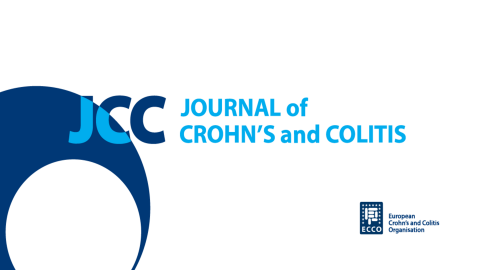
Nurses are Critical in Aiding Patients Transitioning to Biosimilars in Inflammatory Bowel Disease: Education and Communication Strategies
October, 2018
The increasing prevalence of inflammatory bowel disease and the high costs associated with biologic therapies suggest that biologics with lower costs, but no compromise on efficacy and safety, should be considered when developing a treatment plan for inflammatory bowel disease. Biosimilars offer a more cost-effective alternative, and although the European Medicines Agency has approved the use of biosimilars for many indications, including inflammatory bowel disease, patients may be concerned about the safety and efficacy of these agents. The updated Nurses–European Crohn’s and Colitis Organisation statements, published in March 2018, recommend that inflammatory bowel disease nurses facilitate patient choice of biologic or biosimilar therapy. Nurses are pivotal in managing the challenges associated with patients transitioning to biosimilars. However, there is limited information available on how inflammatory bowel disease nurses can communicate the concept of biosimilars to patients and also on how best to support them before and during the switch from originators. This review article will focus on patients’ concerns regarding biosimilars and describe considerations for nurses when supporting patients transitioning from originators to biosimilars. Through nurse-led patient education and the use of structured communication strategies, as well as investment in managed switching programmes, patients will become more confident and adherent to their biosimilar therapy, and this may lead to overall reductions in health-care expenditure for inflammatory bowel disease.